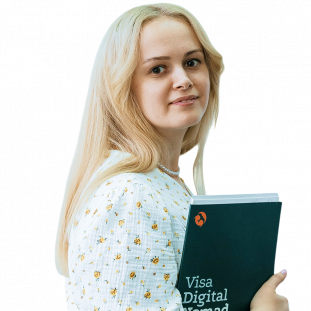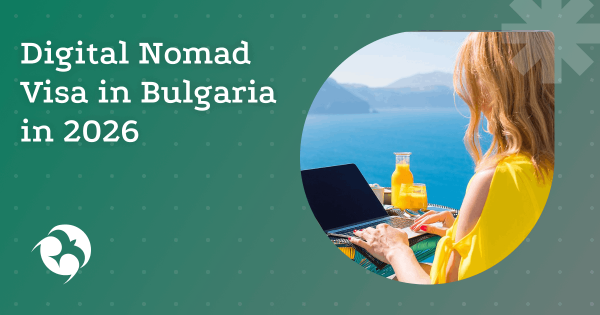The draft regulations are currently undergoing public consultation. This means that by early next year, Bulgaria could become another European country with a clear legislative framework for remote workers.
The market has changed. By 2025, the number of digital nomads worldwide will exceed 50 million, up from 35 million two years earlier. Moreover, 79% of them earn over $50,000 per year. In other words, they are not tourists. They are professionals with money, willing to live legally, pay taxes, and spend locally.
Legislative Framework and Requirements
On June 18, 2025, the Bulgarian Parliament adopted amendments to the Law on Foreigners in the Republic of Bulgaria, published in State Gazette No. 52 of June 27, 2025. The amendments entered into force on July 1, but the bylaw (the Rulebook) is still being finalized. The new version was published on October 17, 2025, and is available at this link.
The key requirement is financial. Applicants must prove an average annual income of at least 50 times the minimum monthly salary in Bulgaria. As of January 1, 2025, the minimum wage in the country is BGN 1,077 (approximately EUR 551). According to preliminary government plans, it will increase to BGN 1,213 (approximately EUR 620) as of January 1, 2026. The total income threshold is currently approximately EUR 23,850–27,550 per year.
Who can apply for a digital nomad visa?
- Employees of foreign companies (registered outside the EU, EEA, and Switzerland) under an employment contract.
- Owners or founders of a foreign company with a capital share of more than 25%, providing remote services through this entity.
- Freelancers and self-employed individuals providing remote services to foreign clients for at least 1 year prior to applying.
Documents and Procedure
The draft Rules require proof of status: an employment contract with the employer’s details or an extract from the company’s official register (no older than six months), a valid contract, and a client recommendation for freelancers. All foreign documents must be legalized with an apostille and translated into Bulgarian.
Experts note that questions remain: how will authorities verify that nomads are not working for local clients, and how high the administrative burden will be. But the legal framework is already in place. The rest is a matter of implementation.

Поможем в подборе лучшей программы ВНЖ,
расскажем о подводных камнях,
ответим на ваши вопросы
Our team of immigration lawyers specializes in obtaining visas and residence permits in European countries, including new programs for digital nomads. If you are planning a move to Bulgaria or considering other options for legalization in the EU, please request a consultation. We will help you collect documents, prepare your application, and guide you through the entire process from submission to receipt of permission.












